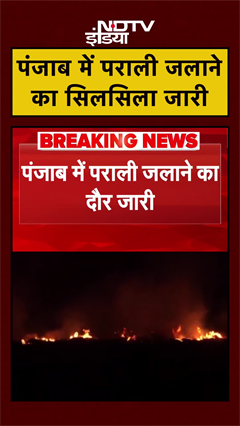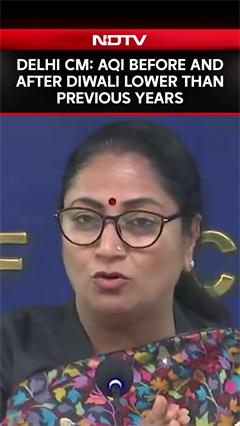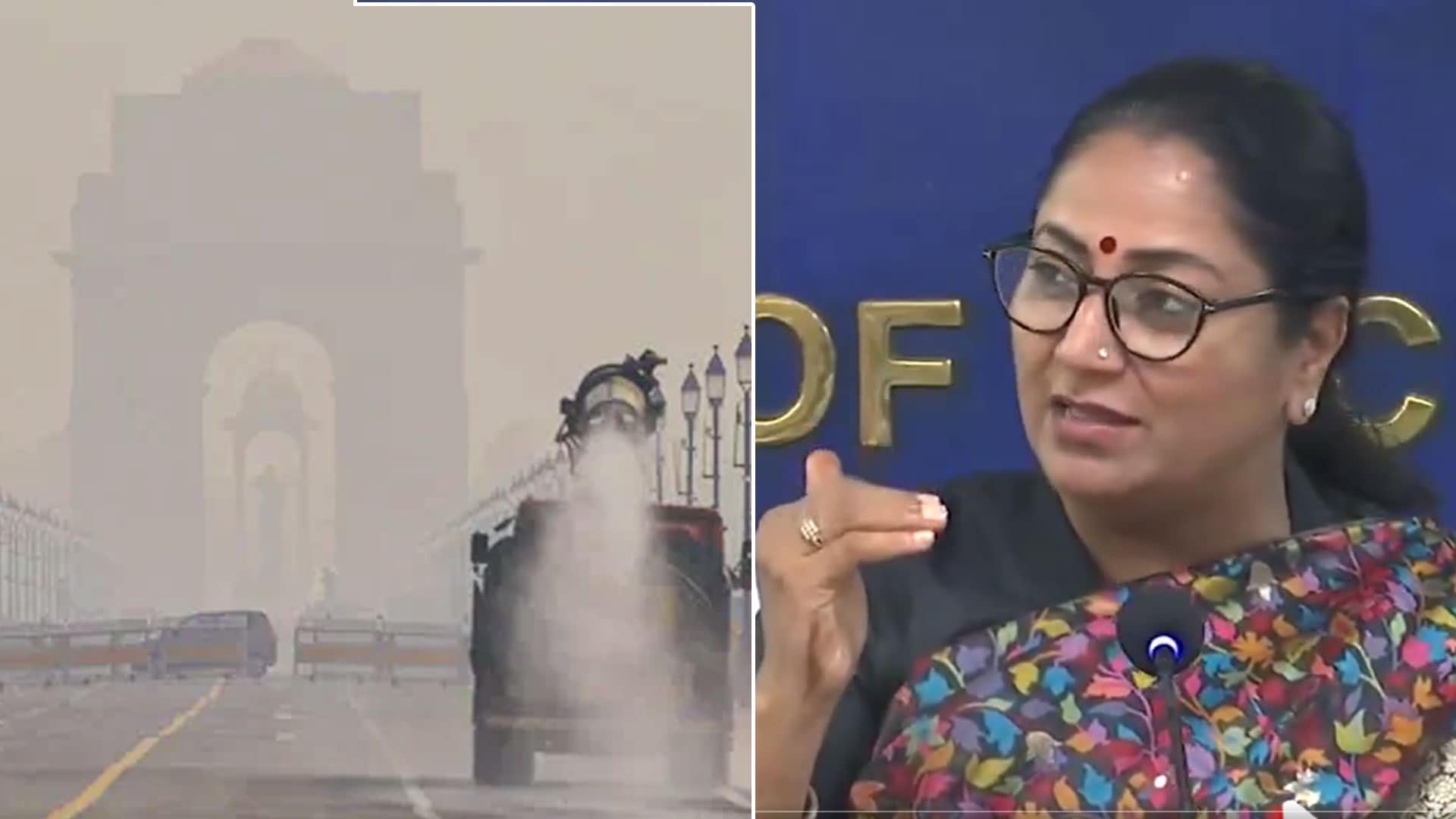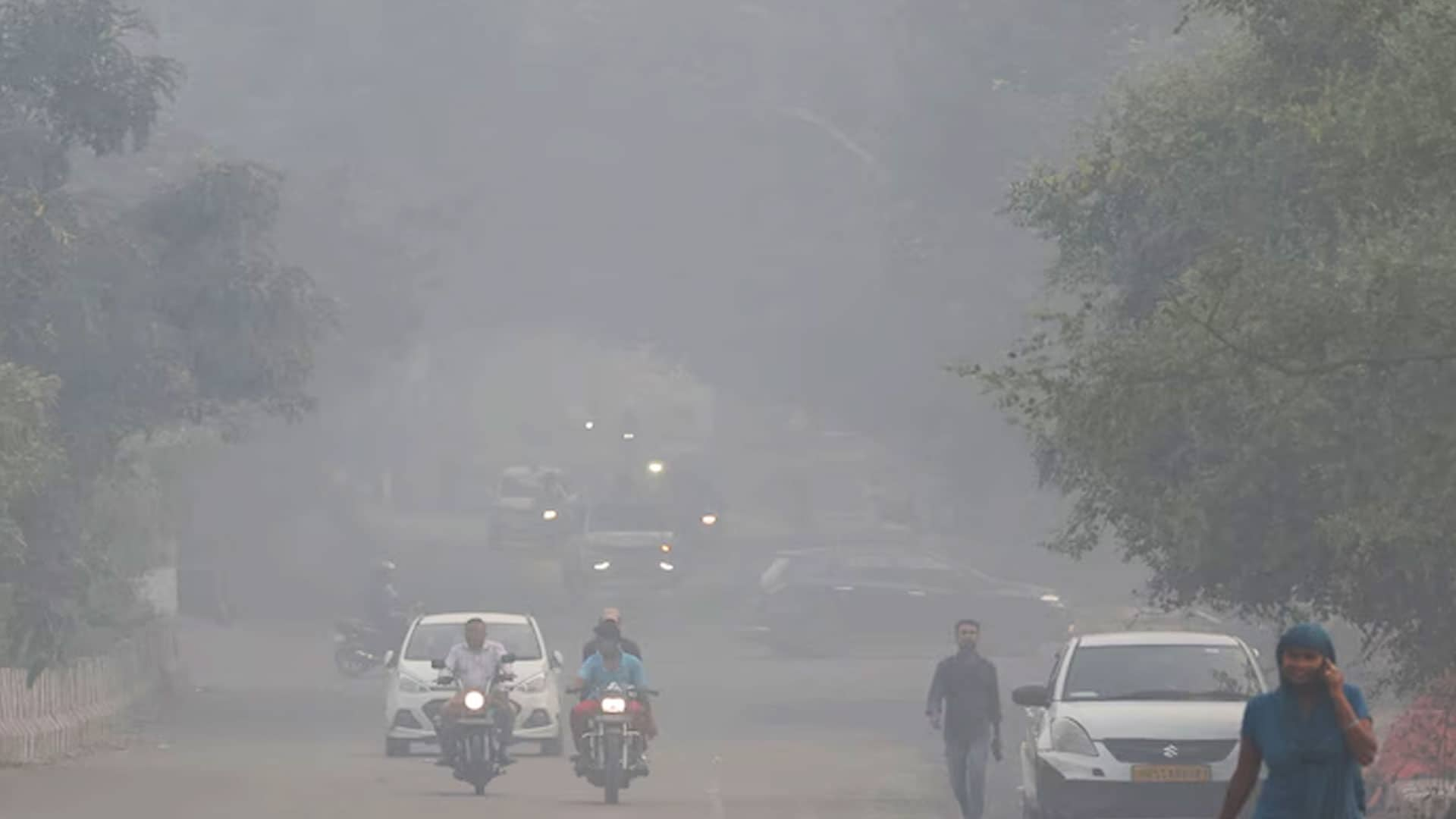- Home/
- All These Will Be Impacted As Delhi Steps Up Pollution-Control Drive
All These Will Be Impacted As Delhi Steps Up Pollution-Control Drive

The Commission for Air Quality Management on Saturday decided to implement measures under stage III of the Graded Response Action Plan, or GRAP, in view of the worsening air quality in Delhi-NCR (National Capital Region).
These are the measures prescribed under stage III:
1. Ban on all construction and demolition activities, barring essential projects and services concerning national security, defence, health care, railways, airports, metro rail, interstate bus terminus, highways, roads, flyovers, power transmission, pipelines among others. Mining activities will also not be allowed in the region.
2. The ban on construction and demolition activities also covers earthwork for excavation, boring and drilling; fabrication and welding operations; loading and unloading of construction material; transfer of raw material, including fly ash, either manually or through conveyor belts and vehicular movement on unpaved roads.
3. Stage III also bans the operation of batching plants; laying of sewer lines, waterline, drainage work and electric cabling through open trench system; cutting and fixing of tiles, stones and other flooring materials; grinding activities; piling work; water proofing work; road construction and repair works, including paving of sidewalks, pathways and central verges among others.
4. States may impose restrictions on the running of BS III petrol and BS IV diesel four-wheel drives in the NCR considering the worsening air quality. This direction is non-binding on authorities.
5. Brick kilns, hot mix plants and stone crushers not operating on clean fuel and mining and associated activities in the NCR have also been banned.
6. Industries not running on approved fuels in industrial areas having PNG (piped natural gas) infrastructure and supply will have to be shut down.
7. In industrial areas not having PNG infrastructure and supply, industries not using approved fuels can operate only for five days a week.
Paper and pulp processing, distilleries and captive thermal power plants to remain inoperative on Saturdays and Sundays. Paddy/rice processing units to remain inoperative on Mondays and Tuesdays. Textile/garments and apparels, including dyeing processes, to remain inoperative on Wednesdays and Thursdays. Other industries not falling in the above noted categories to remain inoperative on Fridays and Saturdays.
8. Milk and dairy units and those involved in manufacturing of life-saving medical equipment and medicines have been exempt from the restrictions.
9. Under stage III, frequency of mechanised/vacuum-based sweeping of roads has to be intensified.
10. Authorities are required to sprinkle water and use dust suppressants, before peak traffic hours, on roads, hotspots, heavy traffic corridors and dispose of the collected dust at designated sites or landfills.
11. Authorities are required to intensify public transport services and introduce differential rates to encourage off-peak travel.
(Except for the headline, this story has not been edited by NDTV staff and is published from a syndicated feed.)
Latest Stories
- Reported by Vishnu Som | Friday October 24, 2025 , New Delhi
The latest State of Global Air report paints a grim picture of the world's worsening air quality, warning that pollution has become the planet's second leading cause of premature death, behind only high blood pressure.
- Press Trust of India | Thursday October 23, 2025
Pollution level in Mumbai has spiked sharply, making October the most polluted month of the year so far, according to an analysis done by an independent research organisation.
- Press Trust of India | Thursday October 23, 2025
Delhi's air quality showed a slight improvement on Thursday but remained in the "very poor" category for the fourth consecutive day, aided by stronger surface winds that helped disperse pollutants.
- Written by Manya Singh | Thursday October 23, 2025
For healthy adults, a sore or scratchy throat after a heavy air-pollution day is usually temporary and improves in days with reduced exposure and simple self-care. Here are some easy hacks.
- Written by Shreya Goswami | Thursday October 23, 2025
An air purifier removes airborne contaminants, while a humidifier restores moisture. Understanding their distinct roles, and when to use one, both or none, can help you breathe easier and stay healthier through the season.
................................ Advertisement ................................
Latest Videos
Opinion
Opinion | Why Indians Have Just Given Up On Air Pollution CrisisTanushree Ganguly
Friday December 20, 2024While some may argue that people in Delhi are now more aware of air pollution than they were a decade back, my rebuttal would be that awareness does not mean that people are concerned.
Opinion | You Must Outrage Over Filthy Air More Than Once A YearJyoti Pande Lavakare
Tuesday December 10, 2024Delhi welcomed us with monsoon rains and mangos. We were home. Fast forward a couple of years, in the winter of 2012, I found myself in denial about something other parents, mostly expats, were calling toxic air.
Opinion | Delhi's Air Pollution Situation Is Like A Bad MarriageNishtha Gautam
Friday November 22, 2024On a good day, such as today, the AQI reading in Delhi is 407. We are jubilant at the sickly sunshine trickling through the slightly dissipated smog. At least its not 1600.
दिवाली... पराली... सियासी जुगाली!Ashwini kumar
Monday November 18, 2024दिल्ली-एनसीआर में प्रदूषण का समाधान तो आज तक मिला नहीं. हर साल चिंतित होकर हम-आप सांसों की तकलीफ के साथ-साथ दिल और ब्लड प्रेशर के मरीज भी क्यों बनें?
घर में कैद बुजुर्ग और हांफते लोग, दिल्ली की सांसों में घुला ये कैसा रोग?Nidhi Kulpati
Friday November 08, 2024हमारी हवा जहरीली हो रही है. गुरुवार की शाम को जब मैं इस मुद्दे पर लिखने बैठी तो AQI लगातार 400 पार जाकर दम घोंट रहा था. बहुत लोगों को यह मामला बोरिंग लगे, लेकिन जब आप अपने साथ काम करने वालों को खांसते-हांफते देखते-सुनते हैं, तो चिंता होने लगती है. सुबह उठते ही दरवाजे खिड़कियां खोलने के लिए डॉक्टर मना कर रहे हैं. बड़े बुजुर्गों के लिए तो मॉर्निंग वॉक बाहर की दुनिया से सीधे संपर्क का ज़रिया है, लेकिन डॉक्टर इसकी भी मनाही कर रहे हैं.


















